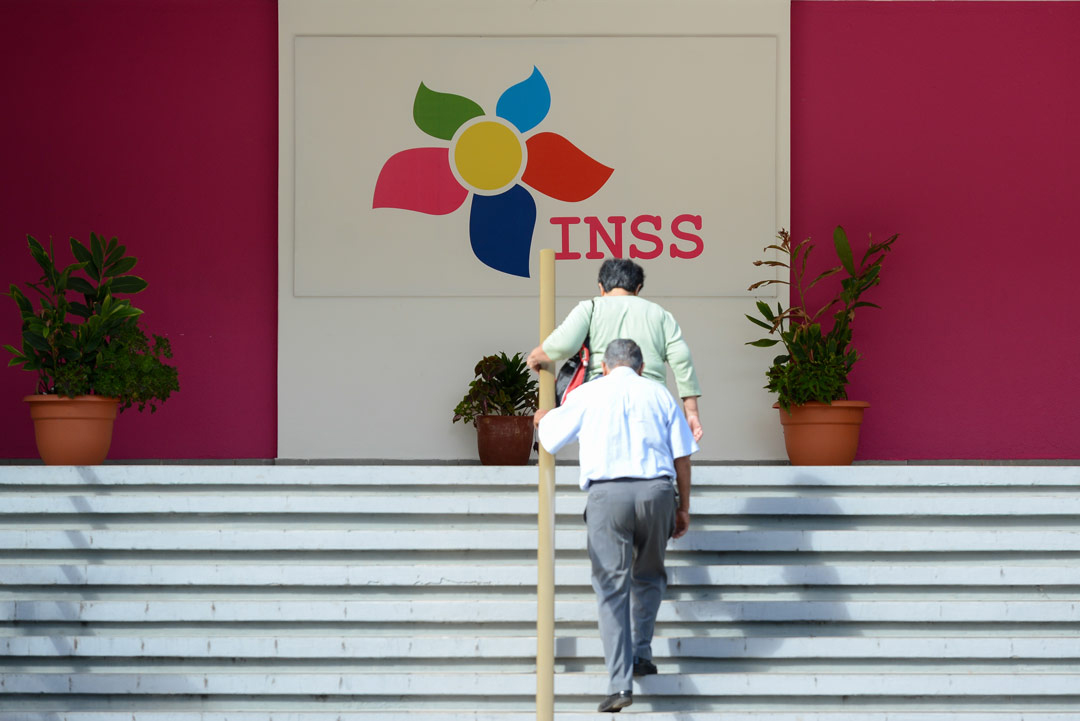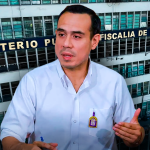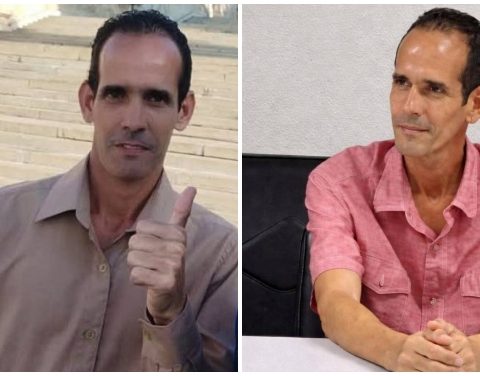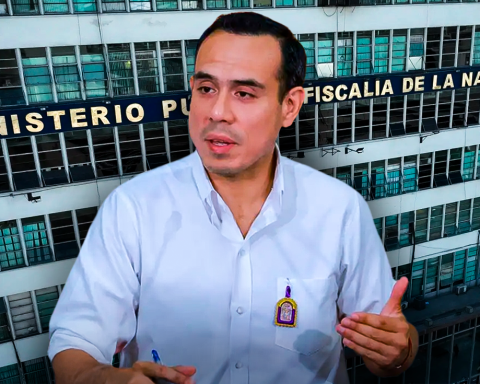The Nicaraguan Social Security Institute (INSS) omitted the health impact of covid-19 during the first year of the pandemic in its 2020 statistical yearbook, which it has just published more than a year late.
In the 382-page document, the words: pandemic, covid-19 or SAR-CoV-2 are not mentioned even once, despite the fact that this disease did have an impact on hospitalizations, mortality and the country’s economy , according to other indicators of the Ministry of Health.
The yearbook does recognize that during the first year of the pandemic, there was an increase in subsidies for respiratory diseases, but this is not attributed to covid-19. As detailed, in 2020, 42,625 subsidies were issued for diseases of the respiratory system, which are 3.9 times more than those granted a year ago.
In that year, subsidies for respiratory illnesses were the greatest cause of rest granted by hospitals and clinics attached to the INSS. Therefore, the amount allocated to cover them went from 9.1 million córdobas, in 2019, to more than 100 million in 2020.
However, this increase is tacitly attributed to covid-19 due to the decision made by the INSS, in May 2020, to prohibit subsidies to patients suspected of the new coronavirus and classify them with other diseases.
INSS ordered to hide covid cases
As described in a circular that was disclosed on May 26, 2020, the INSS ordered that the subsidies of suspected patients be classified as rest for “pharyngitis, otitis, laryngitis, bronchitis, pneumonia, or any respiratory process”, in an attempt to deny the impact of the pandemic in Nicaragua.
In addition, the INSS prohibited the delivery of physical subsidy tickets when it came to patients suspected of having covid-19. This situation left dozens of workers without support who were sent home to avoid contagion and who did not have support for their case.
According to the circular, the INSS would be in charge of informing employers about the subsidy situation of suspected or positive covid-19 patients. However, various sources from private companies relied on that date to CONFIDENTIAL, that the authorities took several months to send the notification, which put the workers in a compromised situation.
The Superior Council of Private Enterprise (COSEP) even requested that the National Center for Diagnosis and Reference (NDRC), the only institution authorized to carry out the PCR tests, expanded the tests to have proof that they were SAR-CoV-2 infections, but the tests were not decentralized.
Slight increase in hospitalizations
The 2020 statistical yearbook also highlights a slight increase in hospitalizations authorized through the Directorate of Direct Medical Services of the INSS, compared to the previous year. Most of these were carried out between May and June, when the country suffered the first wave of covid-19.
Likewise, the INSS yearbook shows that, in those months of the covid outbreak, there was a greater disbursement of funeral subsidies. The accumulated number of subsidies delivered was 4,204, more than a thousand per month, amounting to more than 31 million córdobas. The rest of the months the number of subsidies for this cause was less than 600.
Likewise, they report that in that year there were 1,989 deaths of insured persons, 684 more than the year before the pandemic. Of these, 71.9% were men and 28% women. However, the document does not explain what the causes of these deaths were.
Officially, the Minsa only recognizes 165 deaths from covid-19 in 2020, however, studies of excess mortality calculate between 6,000 and 9,000 deaths as a result of the pandemic. The consequences that the outbreak left on the population are also unknown.
Fewer insured people report
The INSS also reported that, for the third consecutive year, there was a decrease in the number of insured persons. The INSS registry highlights that in 2020 there were 723,206 workers with insurance, 3,816 less than the previous year.
The number of insured persons assigned to the INSS has decreased considerably since 2018, when the protests against the management of Daniel Ortega arose. Since then, this institution has lost 190,591 workers, as reflected in the statistical yearbooks.
Likewise, a decrease is reported among people who paid for optional insurance. In 2019 there were 52,144 insured of this type, but in 2020 there was a reduction of 8.6% when reporting 47,628, which is not compared to the 155,134 insured before the socio-political crisis. According to INSS data, until 2020 only 20% of the country’s economically active population was insured.

















